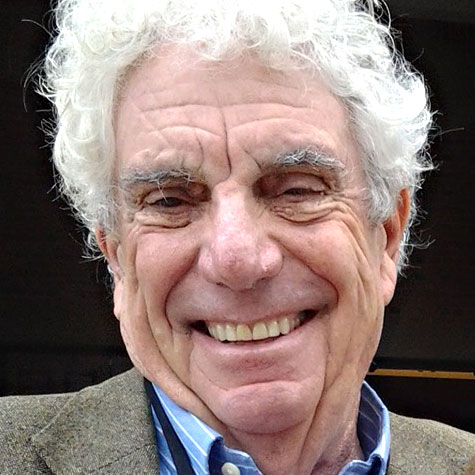Thinking about the mess at the Los Angeles Times, I can’t help but raise the question we usually bring to matters great and small. How does it affect the Jews?
The paper is going through hard times. The owner, Tribune Co., unhappy with the paper’s substantial profits, ordered publisher Jeffery Johnson and editor Dean Baquet to make big cuts. When they refused, Johnson was forced out. Baquet is hanging on, trying to forestall the inevitable.
For this particular Jew, it’s a sad time. I worked there more than 30 years. I retired in 2001, and I still have friends at the paper. I talked a lot to two of them last week and shared their worries over their futures and those of their families. It’s also sad to read the paper, to see it shrink, to watch the editorial staff drop from 1,200 to 940 and, likely, eventually to Chicago’s goal of about 800.
Why is this bad for the Jews? It’s bad because as residents of the Southland, we have a long and great tradition of civic activism, going back to early in the 20th century and continuing today in homeowner groups, neighborhood councils, public school support organizations, political parties, sports leagues and all the other activities that permit this sprawling area to function.
Because of their intense activism, Jews have been among the paper’s most devoted readers and fiercest critics. A substantial part of the paper’s circulation base has long been in the broad Jewish belt extending from the Westside through the West Valley.
Granted, the base has dwindled. Each year, I see fewer copies of the Times in front yards in my Westside neighborhood early in the morning. Some of the losses come from exsubscribers who now get their news on line. Other former Times subscribers are single-issue Jews who abandoned the paper after parsing every story about Israel, looking for imagined bias or anti-Semitism.
But a large number of us remain. For us, and for everyone else, a strong Times is important because it is one of the few institutions that holds this vast region together.
When I went to work there in 1970, covering politics, I was overwhelmed by the geographic immensity of my beat. In those ancient days, before the Global Positioning System, I was given a thick book known as a Thomas Guide, and I used its maps to navigate through the neighborhoods of Los Angeles, the San Gabriel Valley, through Watts and Reseda, from Malibu to Boyle Heights.
Everywhere I went, the Times was a big deal. It connected these diverse regions, saw things in a regional way and championed regional solutions to the problems of the Southland, whether they were smog, education, health care or transportation.
As I began at the Times, less than a decade had passed since Otis Chandler had raised the paper from its long years as a right-wing rag to a publication of national renown. Jews, who had been brought up to read the old Daily News and to scorn the Times, had become loyal Times subscribers, depending on the paper for news of the state Capitol, their city halls, their freeways and their schools.
Public affairs was just part of the package, not as interesting to many readers as the sports pages and Jim Murray. And not as vital to many as the stories produced by the foreign staff, the Washington bureau and correspondents around the country. And not as important to many as news of movies, food, music, books, galleries and other aspects of the arts.
The secret of the Times’ success was the package, putting it all together. No matter what their interests, we knew our readers had something in common — they were readers, and they found something in the paper to interest them.
Now the management of the Tribune Co. is tearing up the package or at least diminishing it.
You can see it in the paper. The sports section grows thinner. I can get more and better sports news from the Web. The front section is squeezed for space, as is the California section.
This means that reporters who dig up good stories have to fight for a place in a paper that can barely find enough room for daily news. And as the staff shrinks, the remaining reporters are spending their time catching up with fast-moving events, rather than digging below the surface.
This is the way to lose readers. And as space and staff dwindles, the Times will no longer be able to exercise its function as the one regional voice of the Southland. Our problems are regional. What happens in a school in Carson has an impact on one in the Valley. The closing of an emergency ward in Inglewood will have a direct affect on emergency care on the Westside. If the paper can’t cover this — extensively as the news breaks, as well as with in-depth investigative reporting, both of which take substantial resources — we all lose.
This is why the dismantling of the once great Los Angeles Times is bad for the Jews and everyone else.
Bill Boyarsky’s column on Jews and civic life appears each month. Until leaving the Los Angeles Times in 2001, Boyarsky worked as a political correspondent, a metro columnist for nine years and as city editor for three years. You can reach him at bw.boyarsky@verizon.net.























 More news and opinions than at a Shabbat dinner, right in your inbox.
More news and opinions than at a Shabbat dinner, right in your inbox.